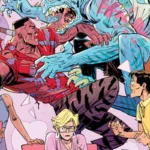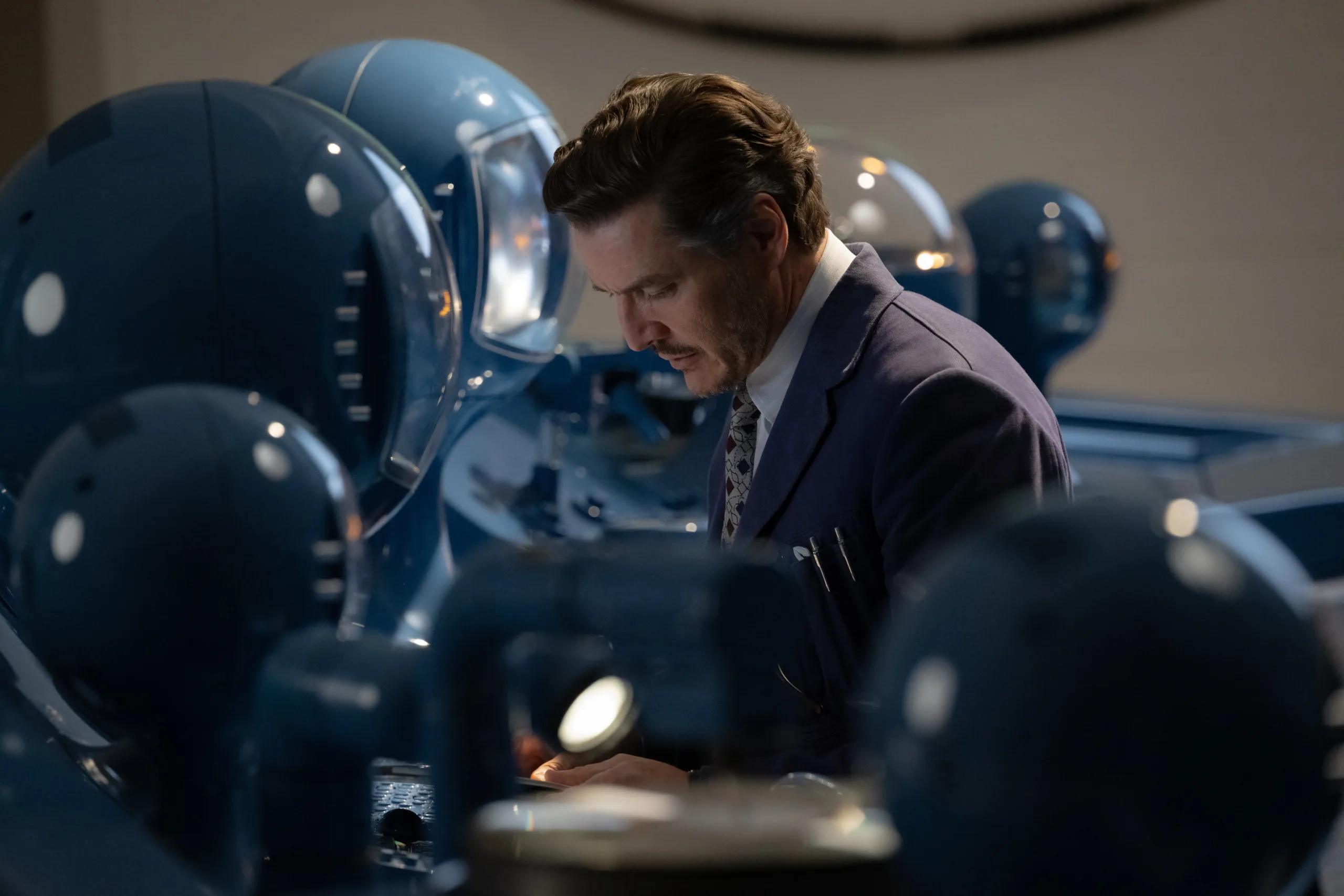Reed Richards has never been neurotypical.
No matter which version of the character is your favorite, Marvel’s Mister Fantastic, Reed Richards, has always represented the abnormally potent intellect that changes the world. When Lee and Kirby first conceived of the character, the newspapers of the day filled their pages with the achievements of some of the 20th century’s greatest thinkers.
As our society has stretched our understanding of the human brain and its workings, we’ve come to recognize the role that neurodivergence plays in shaping such transformative thinkers. The conversations around Autism, Attention Deficit Disorder, and other such syndromes have radically changed in the last decade, with adult autism diagnoses up nearly 175% between 2011 and 2022.
While we have made great strides societally in understanding the physical mechanisms and drivers of these diagnoses, we still have a long way to go in working out how to construct new social and family dynamics in our own lives that honor and respect these striking differences in neurology.
In Marvel Studios’ new Fantastic Four: First Steps, Reed Richards (Pedro Pascal) may represent the aspirational model of an autistic dad. He uses his unique mind for good, builds a network of family around him for support, and works to overcome the personal challenges that his unique mind creates for him.
We all tend to view the films we see through the lens of our own experience and our present circumstances. So, when I went into my viewing of Fantastic Four as the neurodivergent father of a new son, I carried some well-reasoned expectations. Brilliant scientists. Emotionally distant Reed and unseen Sue (Vanessa Kirby), just as we’ve always seen in the comics and most film adaptations. What I got met and exceeded those expectations in ways that I couldn’t have easily anticipated.
Derived from Intellect
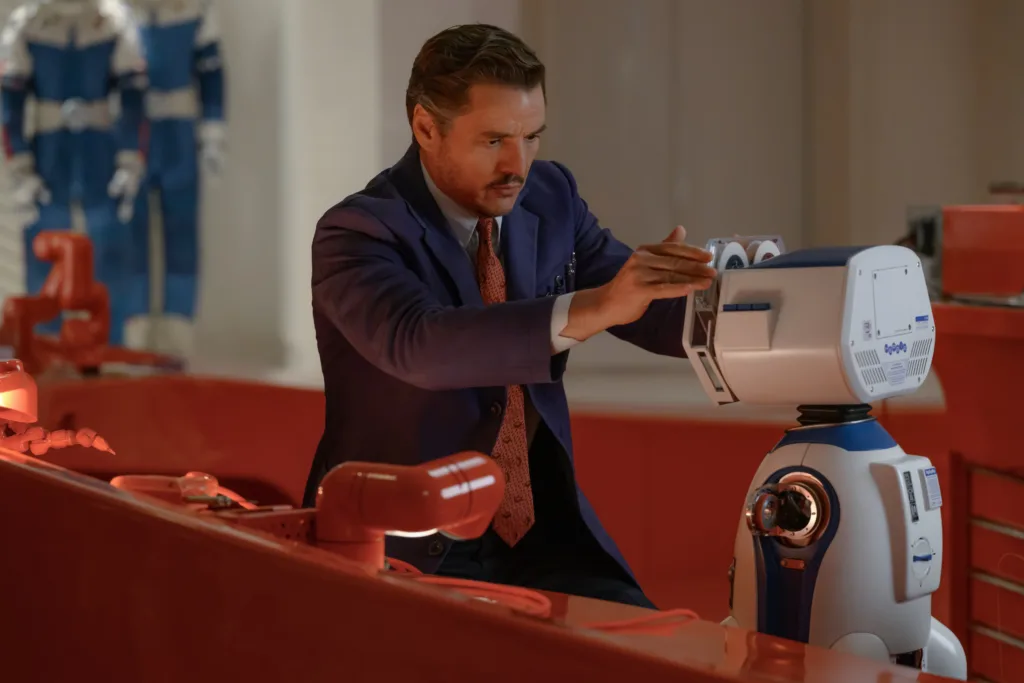
One thing that’s almost always held true about Reed Richards across iterations is that he embraces who he is. He sees and intellectually synthesizes concepts in ways that others simply cannot. And he knows it. But that real-world superpower comes with a toll.
When the going becomes tough, emotionally speaking, Reed retreats into his special interest. Rather than tackle the very mundane (but crucial from a bonding perspective) task of completing his son’s crib in the movie, he says, “Anyone can build a crib. Only I can build this.” In the moment, it seems as though he’s simply tinkering with an unrelated experiment (I hereby petition academia to add “Scotty’s Teleporter” alongside “Chekhov’s Gun” as foreshadowing mechanisms), that all-too-familiar-to-the-neurodivergent dissociation does lead directly to solving the plot’s central conflict.
The other early way we see Reed’s blend of neurological spices on display is when he “babyproof[s] the world.” Some of us settle for attending the local police beat meetings and installing cameras and motion sensors facing the sidewalk and the back alley. If you’re the most well-resourced big brain on the planet, you solve crime across your entire city. It’s a purely logical conclusion.
A Function of Family
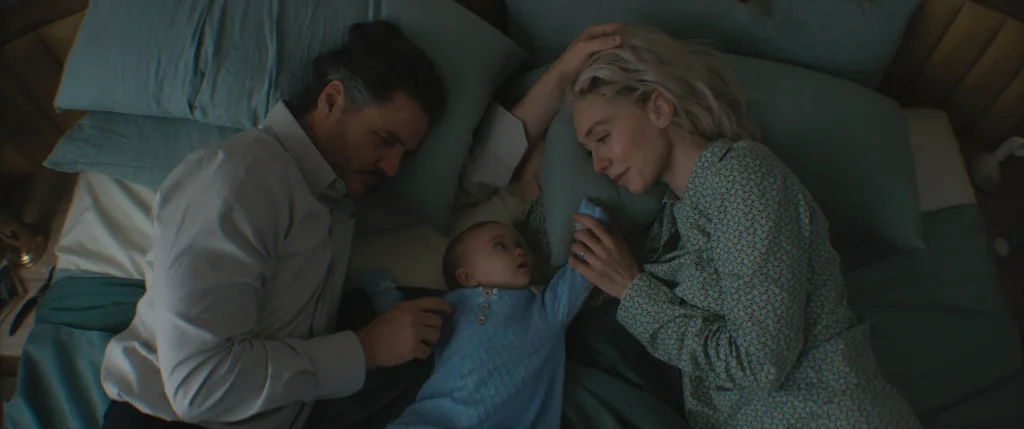
A huge part of why Reed can succeed in his endeavors is the network of support that he has built around himself. The “Family” part of “Marvel’s First Family” is on full display in the film. He has formed a support network of people around him who amplify his best traits and compensate for most of his weaknesses.
He can’t cook or drive, but Ben (Ebon Moss-Bachrach) sure can. There is a lovely exchange between Reed and Ben in the film that shows why these two friends work. Reed, like many neurodivergent individuals, struggles to maintain eye contact. Ben never pushes him to do so, instead holding space for his friend.
Reed struggles to connect with people and build community, whereas Sue excels at it. Werner Von Braun, the German engineer behind the infamous V2 rocket, was beamed into households across America by Disney in much the same way as Reed is in the film. We see that he struggles to engage kids in any aspect of science beyond the explosions. In contrast, Sue is capable of forming international coalitions and alliances with nearly everyone on Earth, including the Mole Man (Paul Walter Hauser).
He can’t live in the moment, but boy oh boy, Johnny (Joseph Quinn) can. Reed can’t spring into action before considering all possible variables, a quality which brings him great odds of success, especially given his ability to process those variables in significant numbers speedily. When the variables begin to mount, however, he can find himself faced with inescapable decision paralysis. It’s in these moments that the (probably also a little neuro-spicy) Johnny’s lack of impulse control and ability to let what’s going to happen happen gives Reed cover and license.
Reed succeeds because of the family support network he has around him, and they provide him the space to conceive of the things that transform them into their most potent selves.
Solve for Faults
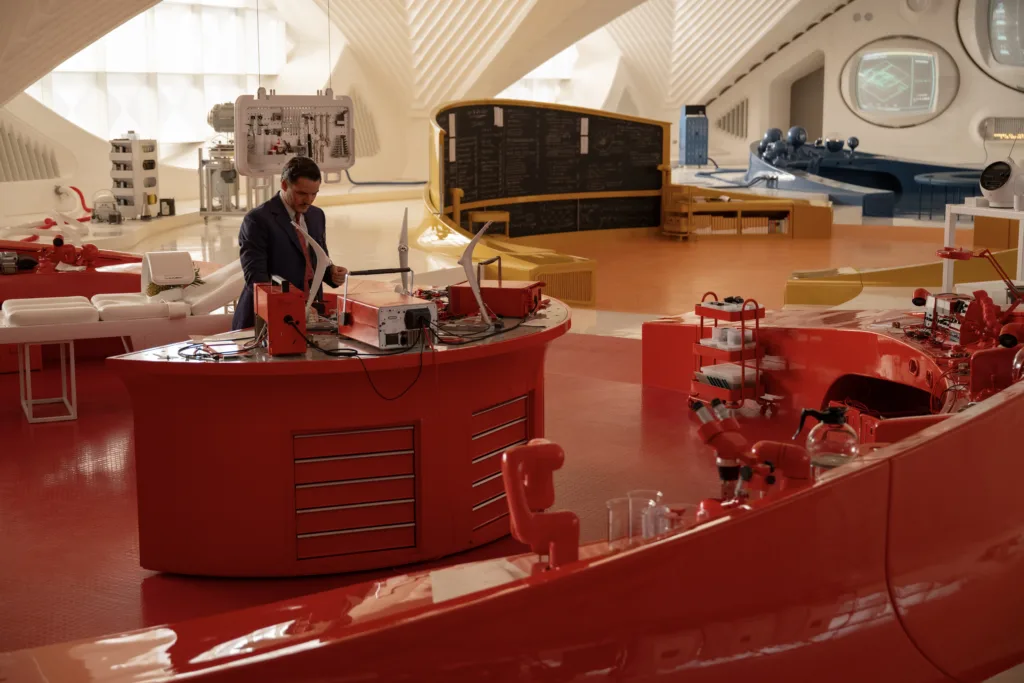
When challenged on the problematic aspects of his behavior, he does everything he can to change and account for the personal cost to those around him.
When Johnny (accurately) calls him out as being entirely out of his depth as a soon-to-be father, Reed rearranges the situation and his role/tasks to a depth he’s more accustomed to, namely that of technical problems. As most therapists will tell you, this is far from an ideal approach, but it’s his first effort, and it is the effort that is most important at that point.
Towards the end of Act II, there is a heartbreakingly relatable exchange between Reed and Sue, as she struggles to comprehend the extent of the awful possible solutions to the problem, which Reed has gamed out and processed already. He says to her, “That’s who I am. I invite the worst possible thing into my head,” to which she responds, “Sometimes you being you hurts me.” Pascal’s Reed has one of his best quiet moments here, in which we can see the raging internal conflict that results from the realization that, in solving one sort of problem, he has been creating a much worse one. From that point, though, we see Reed far more willing to let others step up to offer solutions.
A Balanced Equation… As All Should Be
Pedro Pascal’s Reed Richards manages to beautifully balance a very delicate equation. He captures the on-the-page brilliance of the character’s intellect, cultivates and demonstrates an openness to the love and support of his family, and incrementally improves on his own social issues.
In so doing, he presents an uncommon character for a superhero film, in his delivery of an aspirational figure for neurodivergent fathers.
Listen to MarvelVision:
Discover more from Comic Book Club
Subscribe to get the latest posts sent to your email.
